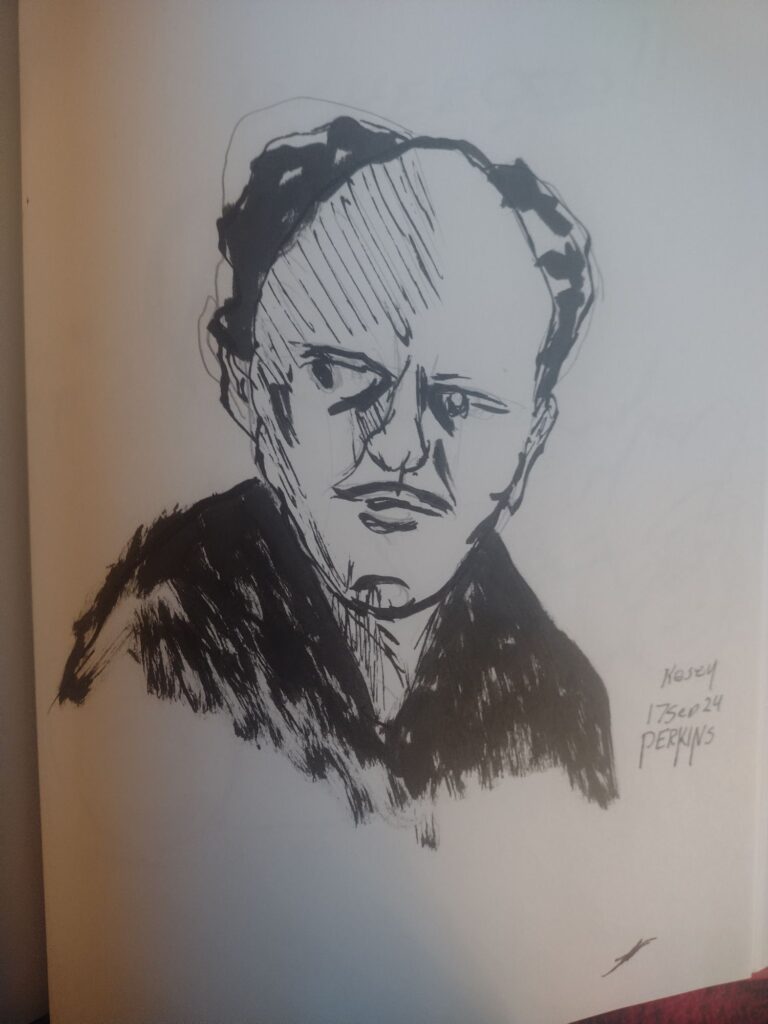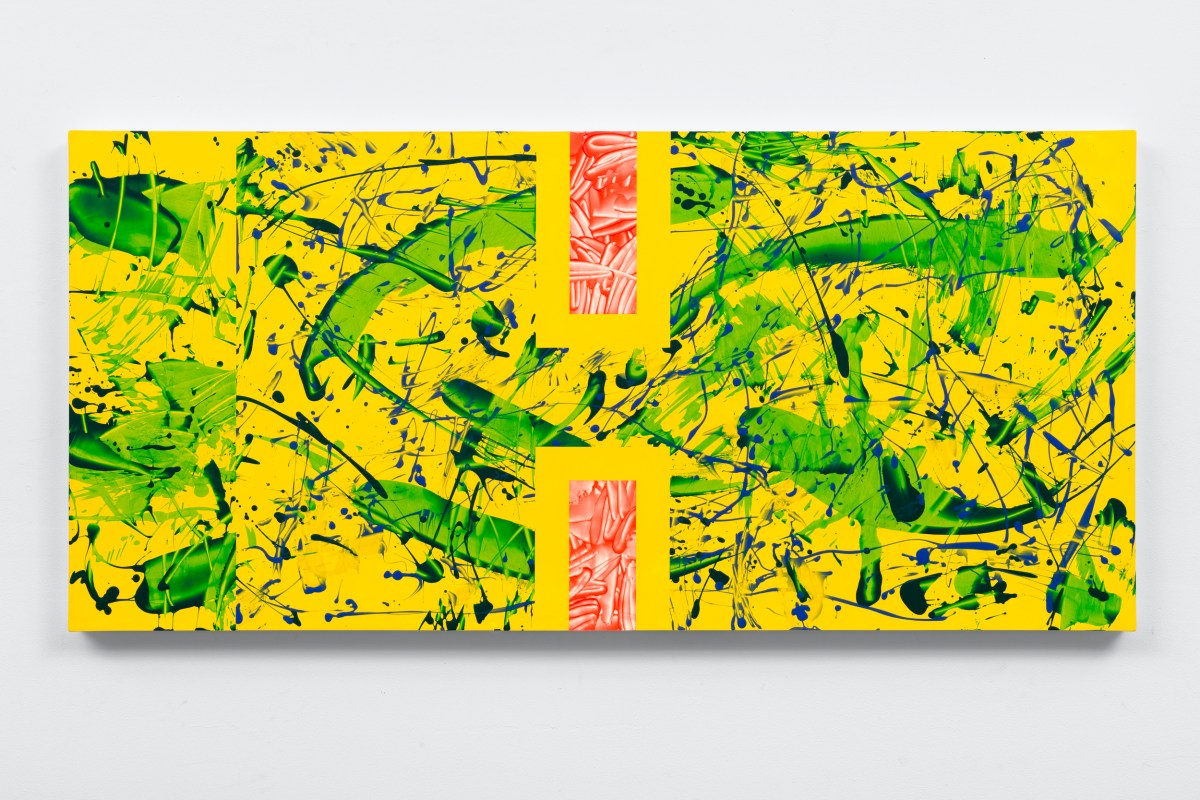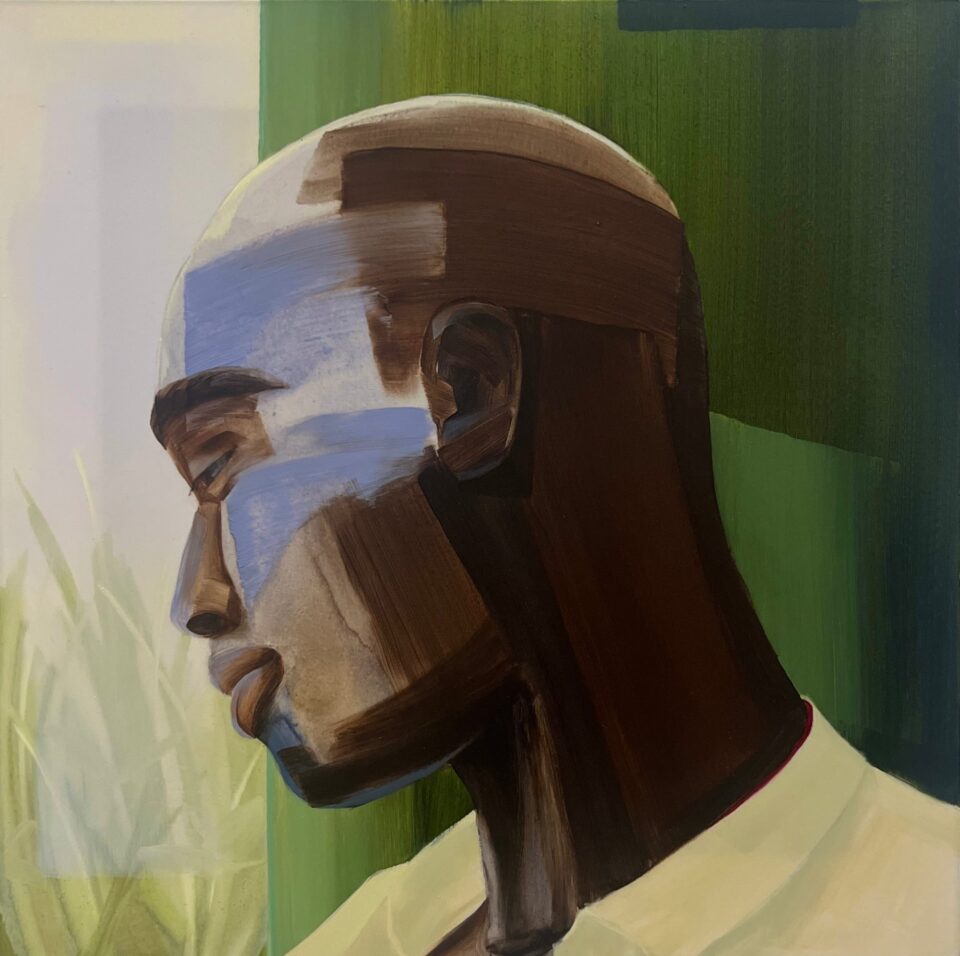All posts by keith
David Moreno’s Anthropomorphic Foundations Support Cascading Villages — Colossal
Barcelona-based artist David Moreno constructs towering houses and cascading villages that reflect the architecture of our lives.
Source: David Moreno’s Anthropomorphic Foundations Support Cascading Villages — Colossal
Can We Really See Art?
The longer I sat with the artworks in David Reed’s studio, the more I felt that I wasn’t fully seeing what was there.
Source: Can We Really See Art?
I always like John Yau’s take on art. I have several of his books and always read his post on Hyperalergic.
All Things Tardigrade
Among the Moss Piglets: The First Image of a Tardigrade (1773) — The Public Domain Review

The very first drawing of the microscopic “water bear” by a theologian turned microscope explorer.
Source: Among the Moss Piglets: The First Image of a Tardigrade (1773) — The Public Domain Review
What If Tardigrades Were the Size of Humans?
Tardigrades: animals with superpowers

The smallest bears in the world have almost superhero abilities. Actually, they are not bears: water bears is the popular name of tardigrades. They are virtually indestructible invertebrates: they can survive decades without water or food, to extreme temperatures and they have even survived into outer space. Meet the animal that seems to come from another planet and learn to observe them in your home if you have a microscope.
How to find a pet tardigrade and care for it
https://boingboing.net/2021/06/20/how-to-find-a-pet-tardigrade-and-care-for-it.html
The Tardigrade is a wonderful microscopic animal. I love them. In I used them in an SF comic once. You can read the whole thing here for free, or buy my small anthology book on Etsy.
Bold Brushstrokes Overlap in Greg Breda’s Contemplative Portraits — Colossal
Layering wide brushstrokes in brown and periwinkle on synthetic silk, Greg Breda renders delicate, fragmented portraits.
Source: Bold Brushstrokes Overlap in Greg Breda’s Contemplative Portraits — Colossal
Radical Belonging in an Age of Othering – Grateful.org
This essay invites us to consider whether we are sick from loneliness or from not belonging and how gratefulness offers a remedy.
Source: Radical Belonging in an Age of Othering – Grateful.org
A grateful orientation to life is in opposition to othering. Rather than unifying around exclusions, a practice of grateful living challenges us to seek, observe, and understand (Stop. Look. Go) the many ways in which we are never fully alone, never independent or separate from others. The practice of grateful living helps us address the origin of our societal ailments because it illuminates our interconnectedness by focusing on and acknowledging the details of every lived moment and the network of people required to sustain our lives. This perspective understands that when we lose sight of our inter-relationality we can trust that everything will quickly go sideways, making us sick with fear, greed, violence, exploitation, loneliness, despair, and war. These and other detriments to our well-being fill the enormous cavern where belonging should live and thrive
Juxtapoz Magazine – Yusuke Toda “ATELIER YUM and New World” @ Thinkspace Projects, Los Angeles
Happy birthday Ken Kesey

US Postal Service electric trucks are finally here and drivers love them
After years of back and forth, USPS has finally put its new electric “NGDV” trucks into service, and drivers say they love the new trucks.
Source: US Postal Service electric trucks are finally here and drivers love them
Monday Musings — 16SEP24

That’s appropriate for my theme this week. Climate change and Capitalism. LOL
Greta’s Growth – by Joshua P. Hill – New Means
Greta hasn’t been in the news a lot for a few years. That’s because she’s not a teenager anymore and has learned that Capitalism is probably the leading cause of the climate “crisis”. (Yes I put that in quotes, because while it’s a real thing I sometimes think that crisis is the wrong word for it.)

As Greta’s politics have grown and evolved, they reached a point where they now make billionaire media owners, milquetoast executives of major non-profits, and more than a few politicians a little uncomfortable. All she’s done is follow the science, but over time the science has led her to see that the climate crisis doesn’t exist in a vacuum. There are massive monetary incentives to destroy the planet in this capitalist system. ExxonMobil, Chevron, Shell, and BP made over $100 billion in profits in 2023 alone. And those numbers were down from 2022. So, naturally, in following the science Greta had to start examining the capitalist system if she wanted to really get down to the root of the climate crisis. After all, as Chico Mendes said, “Environmentalism without class struggle is just gardening.”
Source: Greta’s Growth – by Joshua P. Hill – New Means
Speaking of capitalism and the climate thing, here’s good news.
Challenges for Samsung
While the specs on Samsung’s batteries sound impressive, they’re not a breakout product, and similar batteries exist.
For example, Chinese battery makers already have a 150 kWh battery pack with a semi-solid electrolyte that can power EV cars for a staggering 650 miles on a single charge.Also, Samsung’s 9-minute charge promise probably refers to the time it’ll take to go from 10-20% of battery life to 80%, and not from 0 to 100. It’s well worth noting that charging speed slows down significantly after 80% to protect the battery.
Now, considering that the 9-minute charge is in fact for going from 10-20% to 80% battery life, Chinese rivals are already offering 5C or 6C charging speeds.
Furthermore, other battery makers, such as CATL, are also developing batteries with longer life spans ranging up to 20 years. So, it’s fair to say that competition is very stiff and Samsung doesn’t hold a distinctive advantage.
Interestingly, though, the biggest hurdle—for all the companies involved, by the way—is the limited availability of charging infrastructure. Such impressive technical advancement is of no use if they can’t come up with the necessary infrastructure to support it.
And more good news:
Pacific islands submit court proposal for recognition of ecocide as a crime
Three developing countries have taken the first steps towards transforming the world’s response to climate breakdown and environmental destruction by making ecocide a punishable criminal offence.
In a submission to the international criminal court on Monday, they propose a change in the rules to recognise “ecocide” as a crime alongside genocide and war crimes.
If successful, the change could allow for the prosecution of individuals who have brought about environmental destruction, such as the heads of large polluting companies, or heads of state.
Vanuatu, Fiji and Samoa have proposed a formal recognition by the court of the crime of ecocide, defined as “unlawful or wanton acts committed with knowledge that there is a substantial likelihood of severe and either widespread or long-term damage to the environment being caused by those acts”.
Is This Climate Tech Start-Up Going Rogue?
Make Sunsets’ sulfur dioxide strategy has academics and NGOs fuming.
I’m kinda laughing a little at this one. People are up in arms because it’s not something that’s “officially” sanctioned. Like permission is required to do anything. Of course, it seems like techbros just playing, with no clue. So there’s that.
Another day, and another weather balloon ascends gracefully into the clear blue skies above Northern California. But this balloon isn’t headed up to the stratosphere to predict the weather—it’s going there to change it.
Make Sunsets is a tiny start-up headquartered in South Dakota that is using balloons to release small quantities of sulfur dioxide into the upper atmosphere, in the hope of reflecting some of the Sun’s energy away from the earth. Each gram of SO2, says Andrew Song, one of Make Sunsets’ founders, offsets the warming from one metric ton of carbon dioxide released by burning fossil fuels. Not everyone is convinced by Make Sunsets’ methods, however—and many researchers and environmentalists worry the startup’s unregulated operations are disrupting more responsible research into geoengineering, including a prominent effort at Harvard.
So how about some non climate related news? Here’s an interesting article on heart health, and an intervention that has been and is used all over Europe but not so much in the states.
“Game-Changer” for Your Heart
But there is a cutting-edge, FDA-approved natural therapy that I call a game-changer for your heart…
I’m talking about enhanced external counterpulsation, or EECP.
Most cardiologists continue to ignore this treatment because it doesn’t fit the traditional image of what they do. They consider heart disease a “plumbing” problem. And the solution is to simply fix the blockages.
But if that were true, why do heart attacks happen after these blockaGes have been cleared or bypassed?
The real causes of heart disease are damaged blood vessels that inhibit blood flow and inflammation. That’s where this life-saving therapy comes in.
Multiple studies reveal that EECP is the safest and most effective reliever of angina chest pain available. It has been shown to have huge benefits for patients with coronary artery disease and heart failure.
Why is that? BIG PHARMA. Doctors would rather take the drug money than use something that actually works.
So not climate change but more capitalism.
Damn, I might be a socialist. Whoops. (No the proper term is anarchist.)
Letters Against Isolation
Here’s something good that you can do for a “senior”. It’s called Letters Against Isolation. They have a giant list of nursing facilities where you can write letters to a senior there, to help brighten their day. You sign up, go to their portal and pick a facility (or up to 200 per campaign) and write a nice letter to someone who lives in them. No names are exchanged because of privacy regulations, so the letter have to be fairly generic.
https://www.lettersagainstisolation.com/faq
That is just one of a few penpal/letter writing sites I’ve found, I’ll probably do a post on it sometime soon.
Rocco Buttliere

Rocco Buttliere makes landscapes with RoBlox. Above is one of them. See more here: https://www.roccobuttliere.com/portfolio/landmarks




